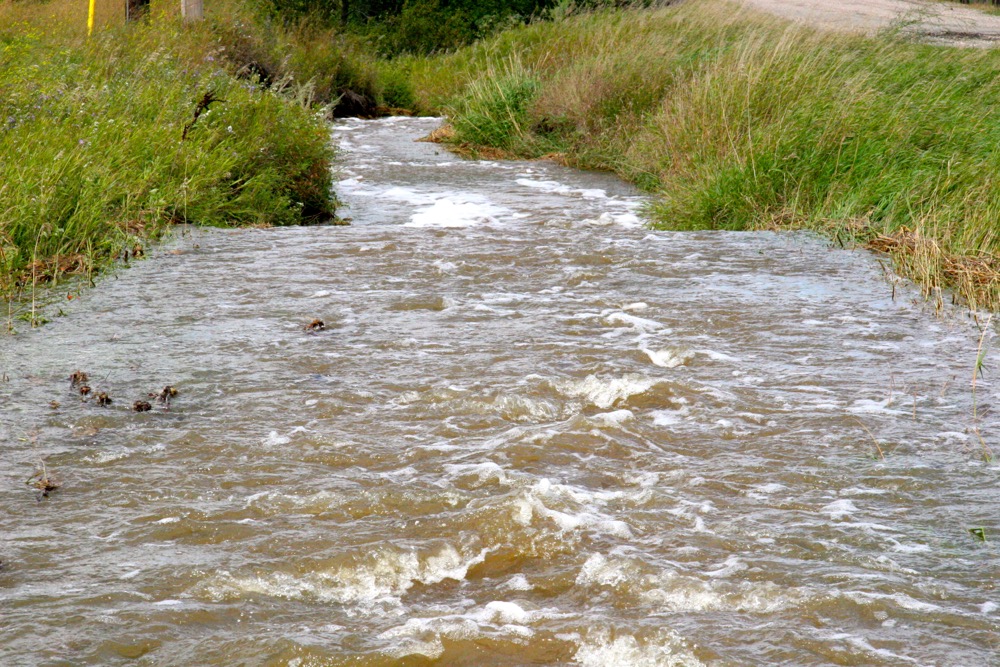Manitobans have until January 19 to tell the province what they like — or don’t like — about the approach it proposes to protect wetlands as it introduces changes to Water Rights Regulation.
Manitoba is introducing the most significant changes to Water Rights Regulation since the 1980s. The proposals include a more streamlined drainage approval process.
Manitoba Sustainable Development’s consultations began November 29 when it posted documents online on the Manitoba Government website.
The government’s stated aim is to introduce a ‘no net loss of wetland benefits approach’ to protecting wetlands, while, at the same time, expediting approvals for lower-risk, lower-impact projects.
Read Also

Trade uncertainty, tariffs weigh on Canadian beef sector as market access shifts
Manitoba’s beef cattle producers heard more about the growing uncertainty they face as U.S. tariffs, and shifting trade opportunities, reshape their market.
The proposed regulation is enabled by the Sustainable Watersheds Act which received royal assent on June 4, 2018.
What’s proposed is a system that would see the lesser impact projects go through a streamlined approval and registration in a 14-day process.
More substantial projects that don’t meet the registration requirements would get more detailed planning, a thorough review process, and wetland compensation measures.
Projects eligible for registration are defined in the consultation document, including activities such as minor surface drain construction and tile drain construction, water control works for new crossings, minor culvert changes, wetland enhancements or restorations and small dam construction.
‘Pay, perform, purchase’
Proposed projects would be subject to a licensing process if they lead to a loss or alteration of Class 3, 4 or 5 wetlands. The consultation document details the provisions and options the province proposes for offsetting those losses under a ‘pay, perform or purchase’ compensation system.
The province is also proposing a hike in application fees from the current $25 licensing fee to a $100 registration fee and a $500 licensing fee. There has been no fee increase since 1988.
A more flexible approach for getting sign-off from downstream neighbours is also proposed so that projects are not vetoed for ‘unmerited reasons.’
Andrea McLean with Manitoba Sustainable Development went over the regulations in detail during the Manitoba Conservation Districts Association meeting last month.
They want to hear from as many Manitobans as possible, and need feedback on what’s proposed, she said.
“The more comments we get, the better we can amend that piece of legislation to better reflect what Manitobans want,” she said.
These are the most significant changes to Manitoba’s Water Rights regulations since the late 1980s and they are expected to be finalized and implemented later this spring.
Additional materials for public review, including the proposed Water Rights Regulation, can be accessed at the Manitoba Regulatory Consultation Portal.
Further questions or comments can be provided by emailing [email protected] or by mailing Drainage Consultation Box 16, 200 Saulteaux Crescent, Winnipeg, Man. R3J 3W3.
















